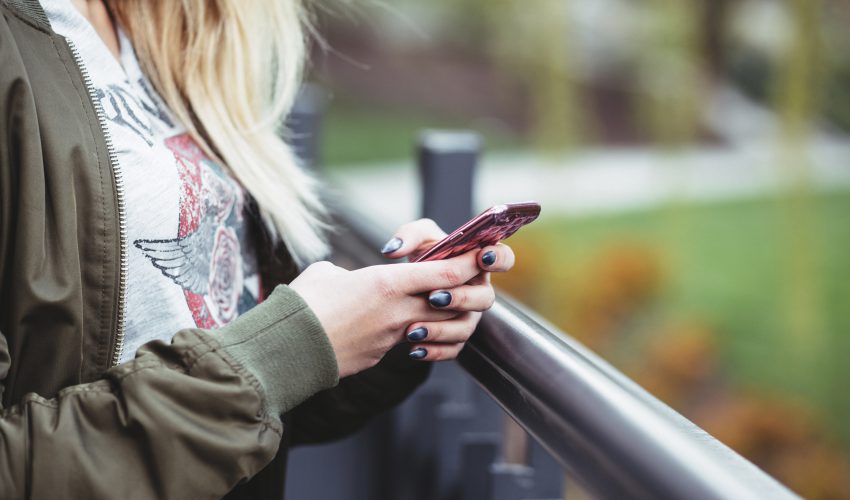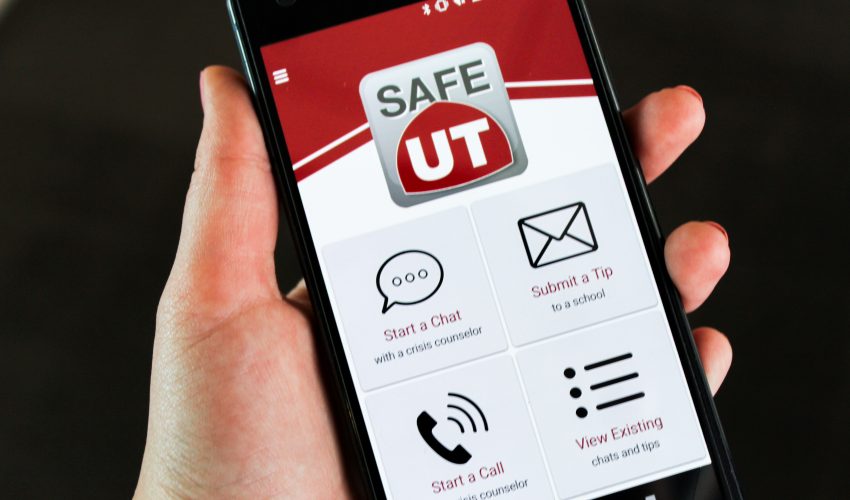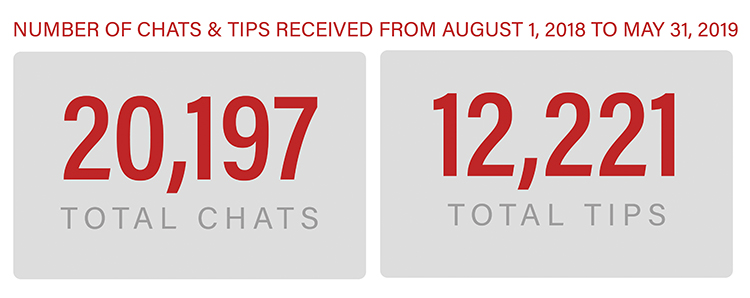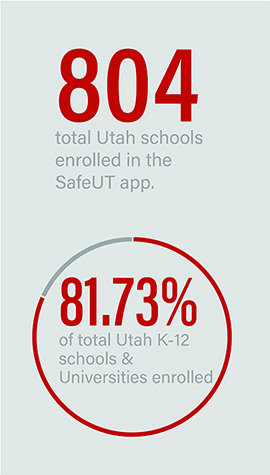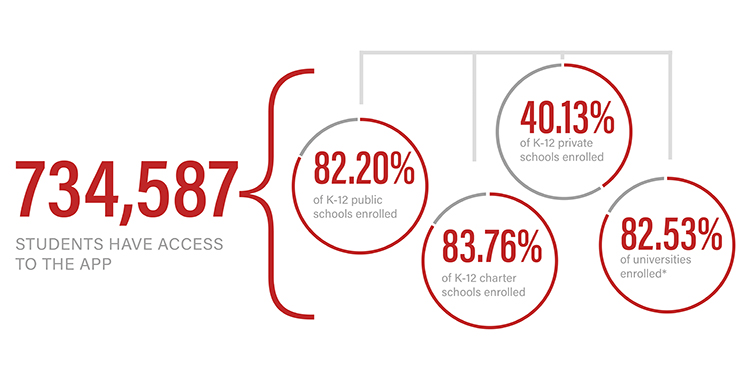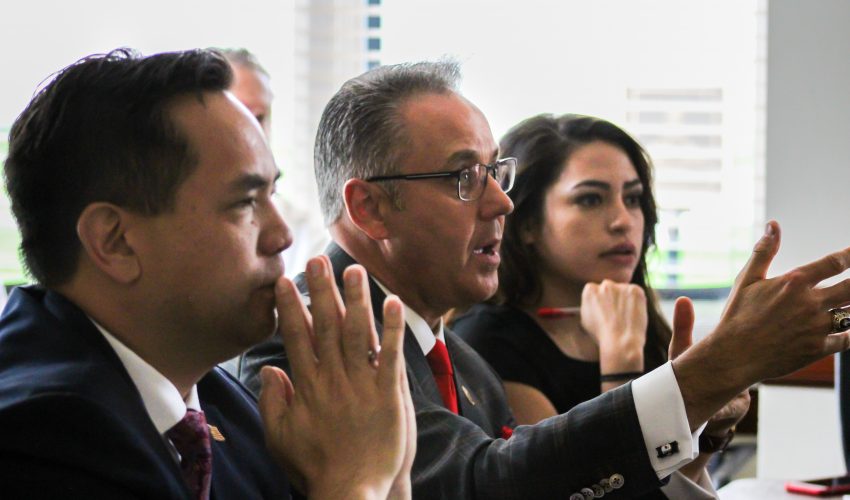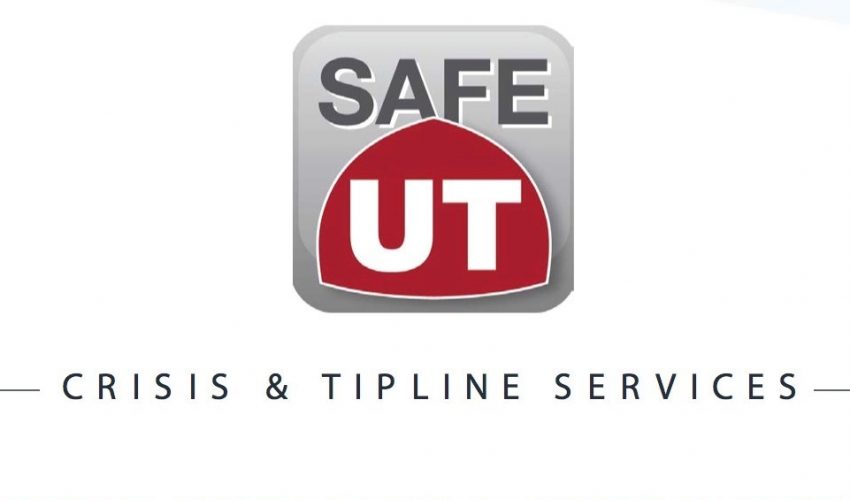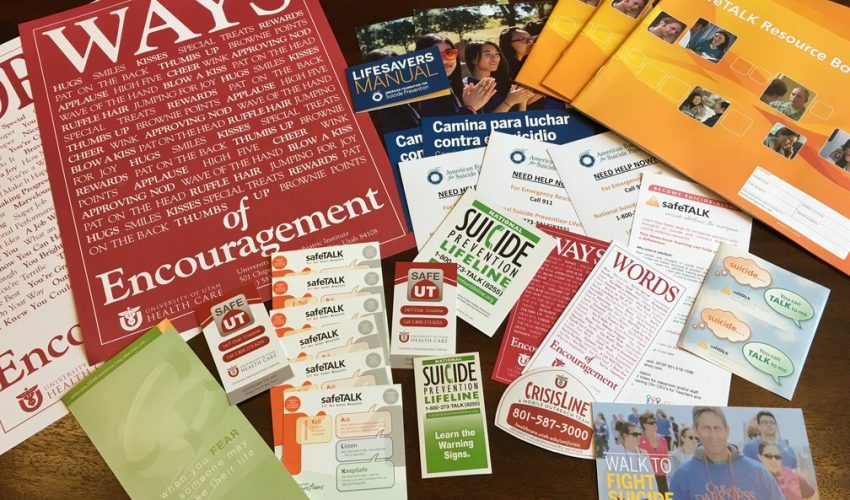November 15, 2019
For the first time in over a decade, Utah’s suicide rate fell slightly in 2019, according to the fiscal year 2019 report of State Suicide Prevention Programs by the state Division of Mental Health and Substance Abuse. This decrease means that we are doing something right, but the work isn’t done. Now is the time to increase our efforts.
According to the report, the suicide rates dropped from 22.7 to 22.2. “The decrease is not statistically significant nor does it represent a trend change, however, it is worth noting given the year-over-year increase for many years,” said the report. Suicide remains a leading cause of death in the State of Utah. An average of 592 Utahns die by suicide each year, and an average of 4,538 Utahns attempt suicide.
Below is an excerpt from an article written by Marjorie Cortez in the Deseret News: After decade of increases, Utah’s suicide rate dropped slightly in 2018, report says.
At first glimpse, there was a lot of excitement, even tears, when the 2018 data indicated Utah’s suicide rate had not increased over the previous year, said Michael Staley, with the Utah Office of the Medical Examiner.
“Then there was this moment of pause, where we kind of had to look around and say, ‘But what does this mean?’
“I think that is so important to remind folks this is not the time to pack our bags and go home and call this a win. This is the time to double down on what we’re doing because there’s evidence here, even though it’s kind of arbitrary and not causal, but there seems to be some suggestion here that what we’re doing is working,” said Staley, who coordinates suicide prevention research.
Barry Rose, crisis services manager for the University Neuropsychiatric Institute, said the slight decrease “at least indicates we’re on the right track and we’ve made some investments that are paying off.”
Reducing suicide deaths “was really our first major goal, not that our group here is the reason this happened, but we would like to think we were part of it. I think all of us collectively, our goal as the state, county mental health division and everyone involved, is just to see we could stop it from increasing, at least to level off, and continue to work toward decreasing those numbers,” he said.
Much work remains, Staley said.
Suicide is the seventh-leading cause of death in Utah, and the suicide rates in the Rocky Mountain states lead the nation. According to the American Foundation for Suicide Prevention, Utah’s suicide rate ranks sixth nationally. Montana has the highest rate followed by Alaska, Wyoming, New Mexico and Idaho, according to the foundation.
The most recent data says 6,039 Utahns were seen in emergency departments for suicide attempts, according to 2014 numbers, and 2,314 Utahns were hospitalized for self-inflicted injuries including suicide attempts.
The Division of Mental Health and Substance Abuse report also notes that self-reported suicide attempts decreased from 7.1% to 6.9% from 2017 to 2019 after multiple years with increases.
Utilization of the SafeUT app, which provides 24/7 real-time crisis intervention for youths, is also growing. In the month of October, the app received 3,700 tips and chats.
Suicide prevention starts with each of us. Download the SafeUT app, reach out to those around you, listen without prejudice, and offer support.
If you or someone you know is struggling and/or having thoughts of suicide, please reach out. Call the National Suicide Prevention Lifeline at 1-800-273-TALK (8255), text the Crisis Text Line (text HELLO to 741741), or message a trained crisis counselor through the SafeUT app. These support lines are available 24/7, 365 days a year.
The Utah Attorney General’s Office is proud to partner with organizations such as the Jason Foundation, the SafeUT Commission, the University Neuropsychiatric Institute (UNI), and Life’s Worth Living Foundation. These organizations help raise awareness of the prevalence of suicide in the State of Utah and provide resources and education on suicide prevention.
